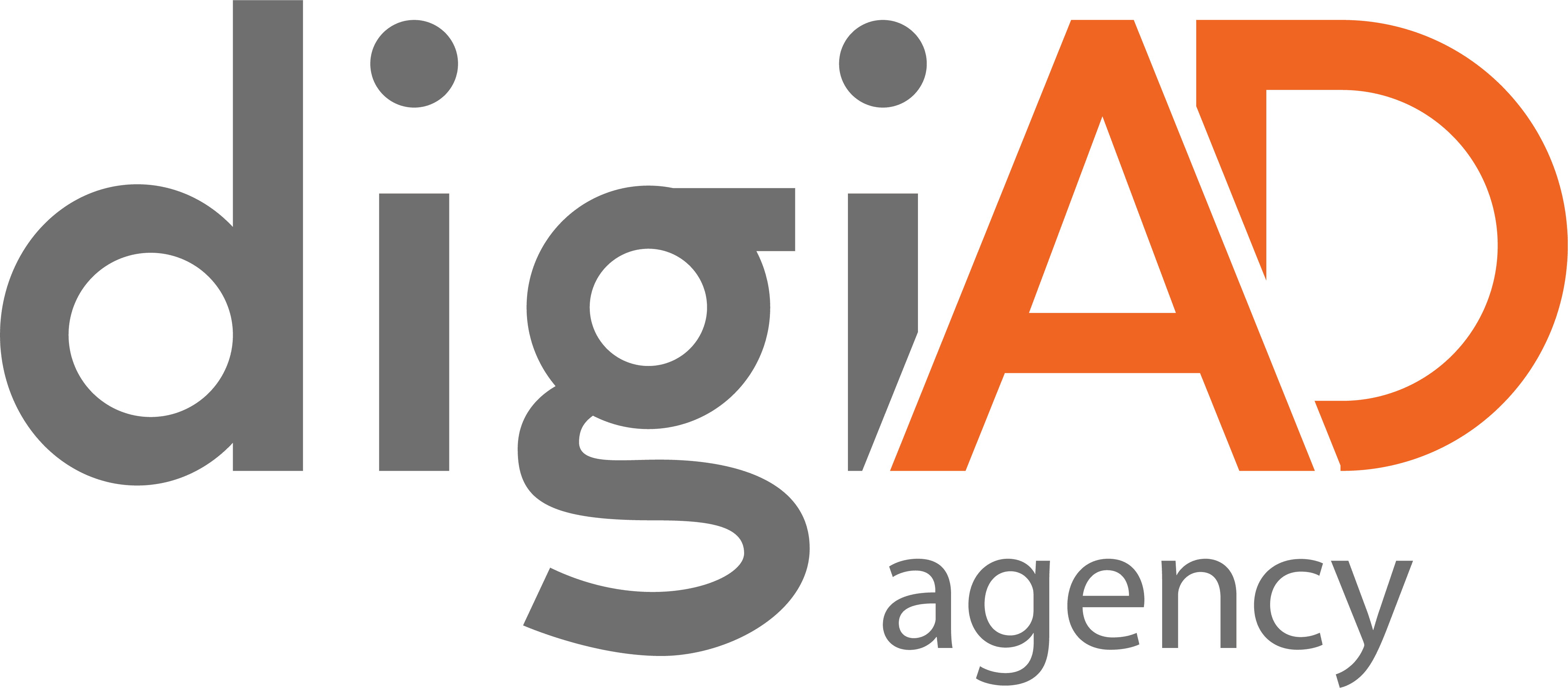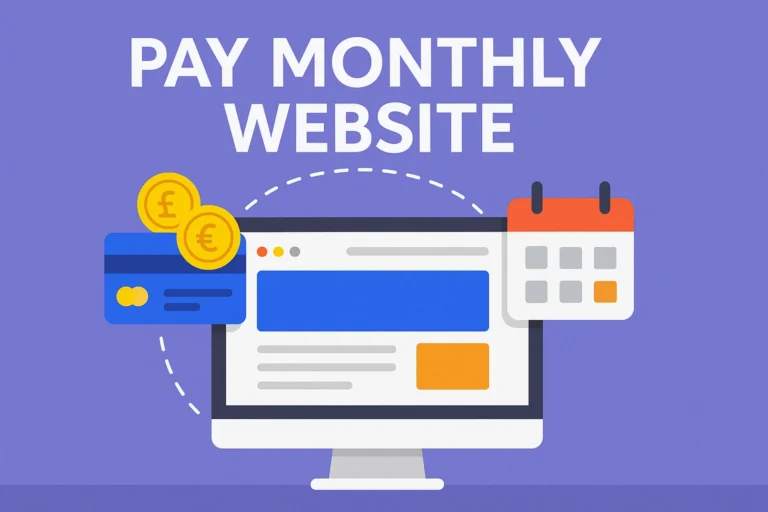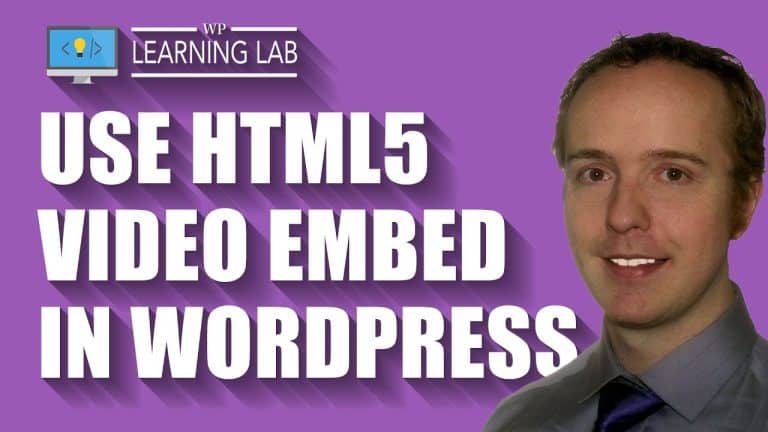 How a website is designed and how it ranks in search engines are inherently linked. This means that the way a site is designed has effect on how it performs on search ranks. If a company has different design and marketing teams which aren’t closely working together, it is bound to face ranking issues because its website will be designed without SEO in mind which is crucial for the success of any website.
How a website is designed and how it ranks in search engines are inherently linked. This means that the way a site is designed has effect on how it performs on search ranks. If a company has different design and marketing teams which aren’t closely working together, it is bound to face ranking issues because its website will be designed without SEO in mind which is crucial for the success of any website.
Knowing that there is a great inter-play between a website’s design and how it ranks in organic search, here are 4 tips to ensure your website design and SEO is done right.
1. Usability
A website’s usability is one of the main factors that should be kept in mind during its design because it is what will determine how successful the site will be. A website that is designed based on the needs of the visitors provides the best way of ensuring customers are satisfied, an opportunity of retaining them while attracting new visitors. The more users you have, the more advertisers you will get which means more profits.
The main goal of search engines is to provide the best results to users who utilize their platforms. Sites that offer great user experience will be rewarded and placed on top of search results. Good usability is determined by how long visitors spent on a site, the number of times the site is shared on
social media and the volume of inbound links. High amounts of these factors indicate quality usability and therefore your site will be among the top in organic search. The last thing that search engines will want to do is to place a poorly designed site that is frustrating to use on top of search results. Ensure that your site is simple, easy to navigate, has visual appeal, call-to-action as well as being mobile friendly if you want to make some visibility gains in organic search.
2. Content discoverability
Your website’s contents needs to be discoverable in order for them to be crawled and be indexed by the search engines. Sophisticated search engines such as Google are limited to discovering content via links. If there are no proper links that connect to your site, the content won’t be discovered and it will be difficult to get your website on search ranks. Your design goal is to create a site with intuitive features which users can easily interact with while your SEO goal should be to have a website design with pages that can be crawled and indexed on search engines. The content should have a flow that highlights things that the user needs the most .The most important content should be high on the architecture e.g. top product, top service etc.
3. Content quality
How do you rank better in search engines? It’s by creating high quality content. The content found on your website is what alerts search engines what your page is all about. Before the design phase or during the redesign period, start to plan how you will create high quality content. Modern SEO relies heavily on the benefits of the content to the user. For each page you are creating ask yourself: what is the purpose of this page? Is it important to the user and is the information effectively conveyed? Is the content technically optimized? Answering these questions will help you know how you want your site to be designed in order to accommodate all the necessary content.
4. Redesign
Website redesign is a very dangerous period and if it’s done without a search expert’s input, your company will be at risk of losing vital SEO value that it has spent years building. Before you start the redesigning process, crawl the site and come up with the overall view of the current site which includes all the pages and relevant information such as existing title tags, current rankings etc. If a page is redundant or outdated, find a way and where it can be redirected in the new architecture, if you are changing your website’s URL ensure that you put a redirecting link in place at the time the redesigned site goes live. Thoroughly go through all the content to make sure that nothing is left behind. It is essential to still have high quality content on the new site.
 How a website is designed and how it ranks in search engines are inherently linked. This means that the way a site is designed has effect on how it performs on search ranks. If a company has different design and marketing teams which aren’t closely working together, it is bound to face ranking issues because its website will be designed without SEO in mind which is crucial for the success of any website.
How a website is designed and how it ranks in search engines are inherently linked. This means that the way a site is designed has effect on how it performs on search ranks. If a company has different design and marketing teams which aren’t closely working together, it is bound to face ranking issues because its website will be designed without SEO in mind which is crucial for the success of any website.






